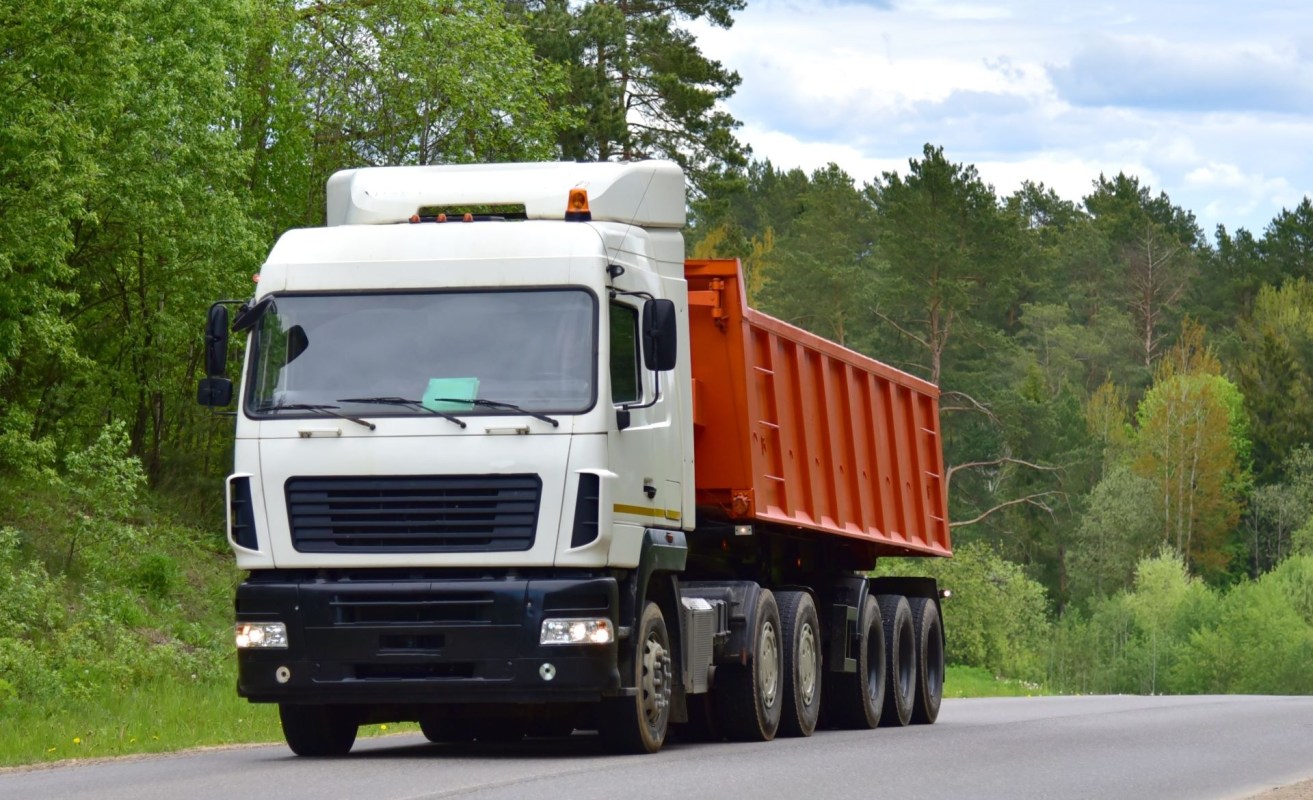The state of California finally got approval in March to enact a law it adopted in 2020. As the New York Times reports, by 2035, more than half of all "heavy vehicles" sold in the state must be electric.
Typically, the term "heavy vehicles" refers to extremely large vehicles like semi trucks, freight trucks, and passenger buses. Nationwide, the Biden administration is working on new laws that will help reduce heat-trapping air pollution from these trucks. But California isn't waiting for federal regulations to do the job.
Instead, the state's newly enacted bill will require heavy vehicle manufacturers to ensure that a certain percentage of their trucks are all-electric. The rule requires this for 55% of delivery vans and smaller trucks, 75% of buses and larger trucks, and 40% of tractor-trailers and other big rigs.
The Times reports that the law was initially adopted in 2020. However, because it includes stricter requirements than federal laws, California had to receive a waiver from the EPA to actually put it into practice. California received that waiver in March.
In 2022, the Times reports that only 2% of heavy vehicles sold in the U.S. were all-electric. Instead, the majority of trucks have traditional engines that burn fuel, such as diesel. Fuel-burning combustion engines are loud, smelly, and release air pollution, including heat-trapping gases that warm up the planet.
A widespread switch to EVs would lead to cleaner, quieter streets and help stop rising temperatures worldwide. That's why California is pushing for electric trucks and, in another recent move, electric passenger vehicles.
Perk up the winter blues with natural, hemp-derived gummies Camino's hemp-derived gummies naturally support balance and recovery without disrupting your routine, so you can enjoy reliable, consistent dosing without guesswork or habit-forming ingredients. Flavors like sparkling pear for social events and tropical-burst for recovery deliver a sophisticated, elevated taste experience — and orchard peach for balance offers everyday support for managing stress while staying clear-headed and elevated.
Learn more → |
Where California leads, the rest of the U.S. may follow. The Times reports that six other states have already adopted rules in line with California's.
At the same time, as manufacturers change their design and production plans to meet California's requirements, they're also likely to change their offerings in other states to match.
Join our free newsletter for cool news and actionable info that makes it easy to help yourself while helping the planet.










